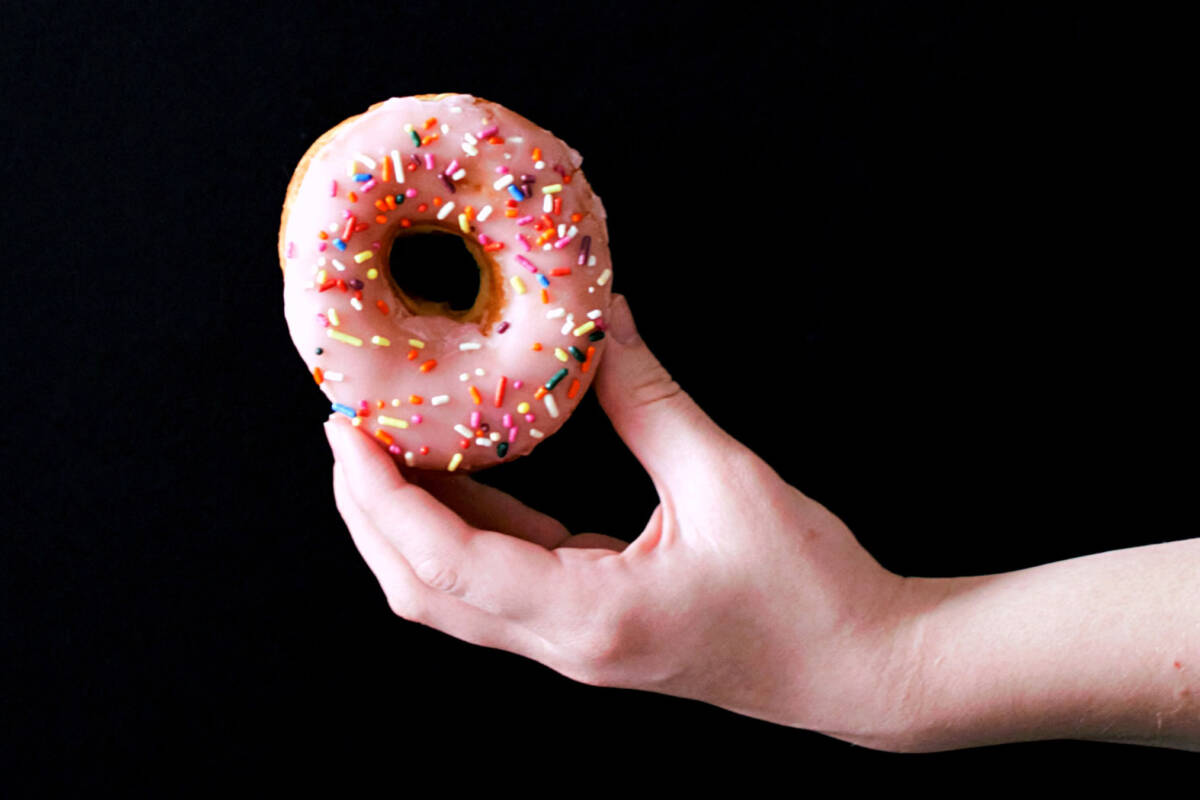
125—
Are you at a loss to explain your failed weight loss?
Are you confusing your bedtime stories because you’re not getting enough quality sleep? Your brain just doesn’t work properly if you have to put up with poor shut-eye on a consistent basis.
My favourite time of the day is bed-time. I really enjoy sleeping — as you get to take a break from the real world. (And, I don’t know about you, but some of my dreams are quite spectacular to say the least.)
I can sleep through pretty much anything.
For example, once many years ago, I fell asleep in a Tricky concert. To be fair, it was a seated concert, I had a wall (although it was thumping from the bass), and I wasn’t enjoying the music at all.
Later when DMF (my partner) hit me up about it, I denied that I’d gone to sleep! I claimed that what had actually happened, was that I had lost consciousness because my body was trying to protect my poor wee Irish ears from the horrible bloody ‘music’…
Note: I don’t tend to go to DMF’s concerts anymore – as they’re just expensive lullabies to me 😉
Anyhoo, in August of this year I was asked to appear on New Zealand morning television (The Cafe) to discuss the topic of ‘sleep’ (as you do).
Well. Do you think this incredibly shy and self conscious ‘sleep expert’ got much beauty sleep of her own in the lead-up to this television segment? No. No, I bloody-well didn’t. Because I was much too busy freaking my wee self out, now wasn’t I!
On the bright-side, I actually consider it a good learning experience. Before this, I couldn’t really imagine how awful it must be for someone to dread bed-time. I got a small taste of what it’s like to desperately need to sleep, but to have it evade me.
So now, I feel like I can sympathise to a certain degree — although it was only two nights of my sleep that were affected.
Note: I must say though, I feel quite ordinary if I don’t get to sleep before 10:30pm each night.
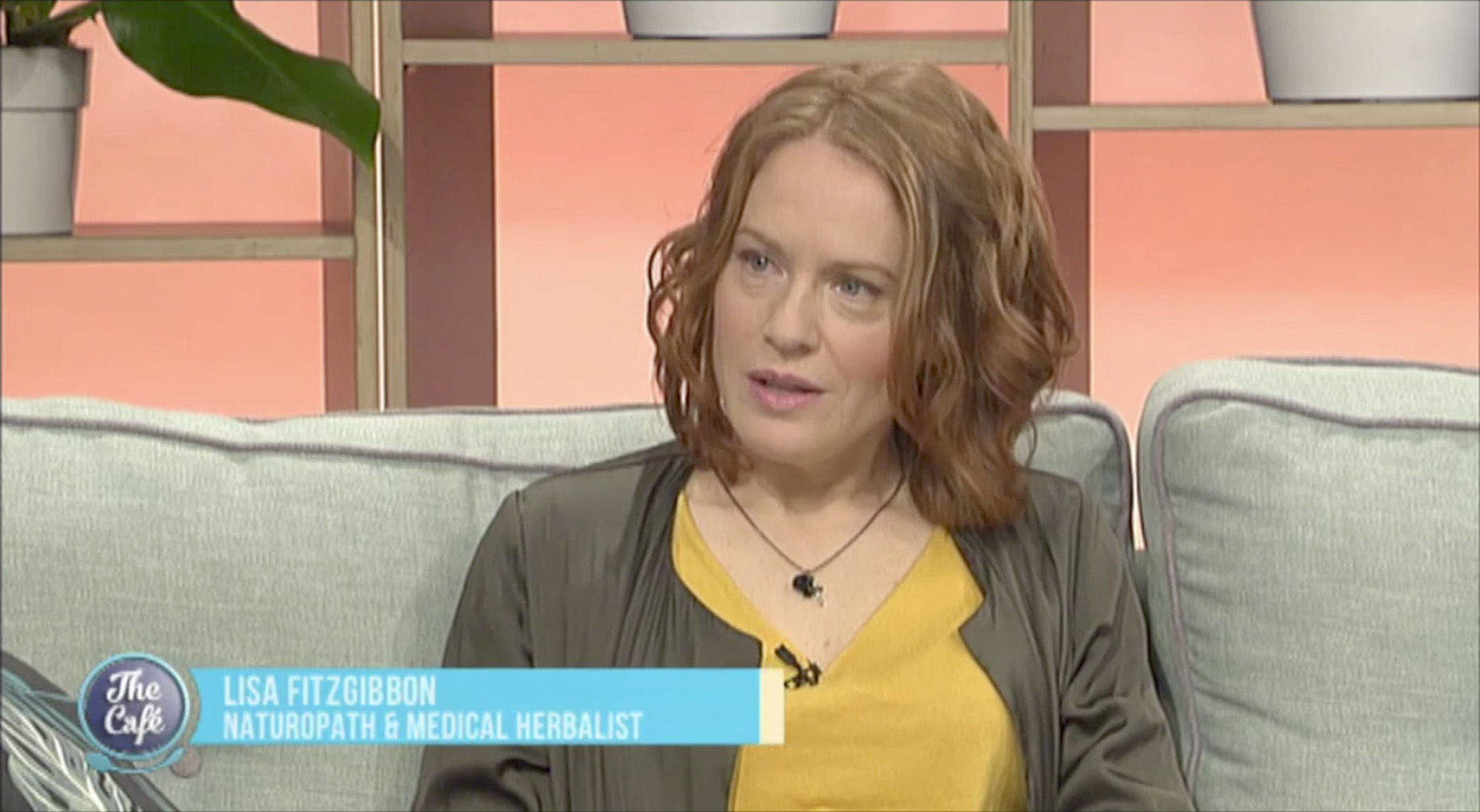
Bedtime. It’s that time of day where you’re supposed to turn off and take off to the Land of Nod. And, you only return when you’re jolly well ready to — at some ‘godly’ hour the next day.
Australian population surveys1 have shown that 13-33% of the adult population regularly have difficulty either getting to sleep or staying asleep. While the ideal amount of sleep is between 7—9 hours, research shows that adults who get fewer than seven hours of sleep are impacted in the following ways:
— It reduces their energy and their resilience to stress
— It makes it difficult for them to concentrate and to remember things
— It hinders their creativity and their level of motivation
— It makes them irritable
The severity of these symptoms will depend on how many nights the person has been sleep deprived for – which can range from one night to several months. (To years even!)
Note: It’s interesting to note here that Australia also has the second highest global consumption of anti-depressant medication2.
And, considering that Australia is only a hop, jump, and a Skippy… off to our North West, it’s highly likely that us Kiwis are exhibiting similar sleep issues — as well as the associated mood issues.
It’s obviously pretty difficult to time yourself exactly, but you should have a vague idea of how long it takes you to get to sleep.
Here’s what your ‘timing’ means — assuming this is a regular occurrence (and not just a one-off):
0—5 mins
You have a neurological deficit
(Basically, your nervous system is knackered.)
10—15 mins
This is ideal
15—30 mins
Stress/mild insomnia
30—60 mins
Moderate insomnia
60 mins plus:
Severe insomnia
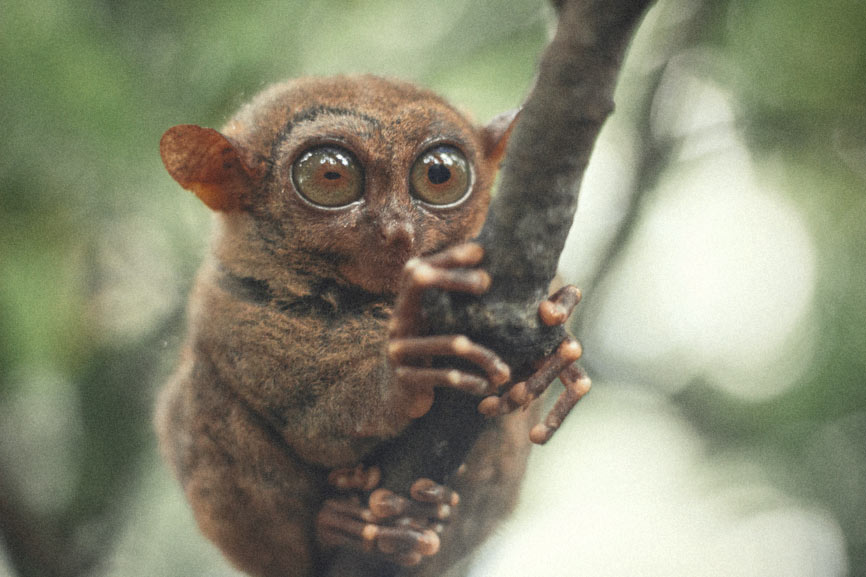
Aside from having to attend to young children or to contend with inconsiderate felines during the wee-small-hours of the night, there are many other reasons why a person might not be getting enough shut-eye.
When you come to visit me at OOMPH I ask you a number of questions about your particular sleeping issue so that we can pinpoint the best course of treatment for you. I ask a number of questions, such as:
If you are having difficulty falling asleep:
How long does it take you to fall asleep?
Is your mind too active?
Do you have restless leg syndrome?
Are you going to bed before you’re actually tired?
If you are having difficulty staying asleep:
What time or how often do you wake? (Is there a pattern of waking at a specific time?)
How long does it take you to return to sleep — if at all?
Are you waking hungry?
Are you waking to urinate?
Have you a got a sinus issue?
Do you snore? (What kind of snore is it? Is it nasal or throaty?)
Do you move erratically while sleeping?
Is it possible that you have Sleep Apnoea (a sleep disorder characterised by pauses in breathing or periods of shallow breathing during sleep)?
Note: Your sleeping partner should be able to help with the answer to these last few questions.
If you are having difficulty falling asleep and staying asleep:
Are you in pain?
Are you severely stressed? (Do you grind your teeth?)
Are you nutrient deplete? (Are you not eating well?)
Do you dream?
Do have short dreams?
Do you have long dreams or nightmares?
Do you suffer from any mental health conditions?
Do you have: depression; anxiety; bipolar disorder; attention-deficit hyperactivity disorder, or post-traumatic stress disorder?
Do you suffer from any other health conditions?
Do you have: IBS; blood sugar irregularities; sinus issues; or stress (worry and anxiety)?
Are you suffering from anything else that is affecting your ability to sleep?
Does your partner snore or have restless legs?
Do you have inconsiderate flatmates or obnoxious neighbours? 😣
Have you become anxious about not sleeping?
I’ll want to know if you’re compounding the problem…
Note: There are some unique reasons why people can’t sleep. I once helped a woman with a ‘sleeping issue’ by prescribing a libido enhancer… After talking around the issue for some time, she finally confessed that she was having to ‘play dead’ in bed on a regular basis because she knew her husband would be after some nookie – and she just wasn’t interested.
Unfortunately, there’s no one-size-fits all approach, when it comes to treating sleep issues. You can see why it’s a damn sight easier for doctors to just prescribe ‘a sleeping tablet’, right?
Experiencing an ongoing lack of sleep can lead to more serious mental health problems such as depression and anxiety. Unfortunately, these mental health issues can also impact on your sleep, creating a vicious cycle…
Chronic cases of poor sleep are generally associated with depression, anxiety, bipolar disorder, attention-deficit hyperactivity disorder, and post-traumatic stress disorder.
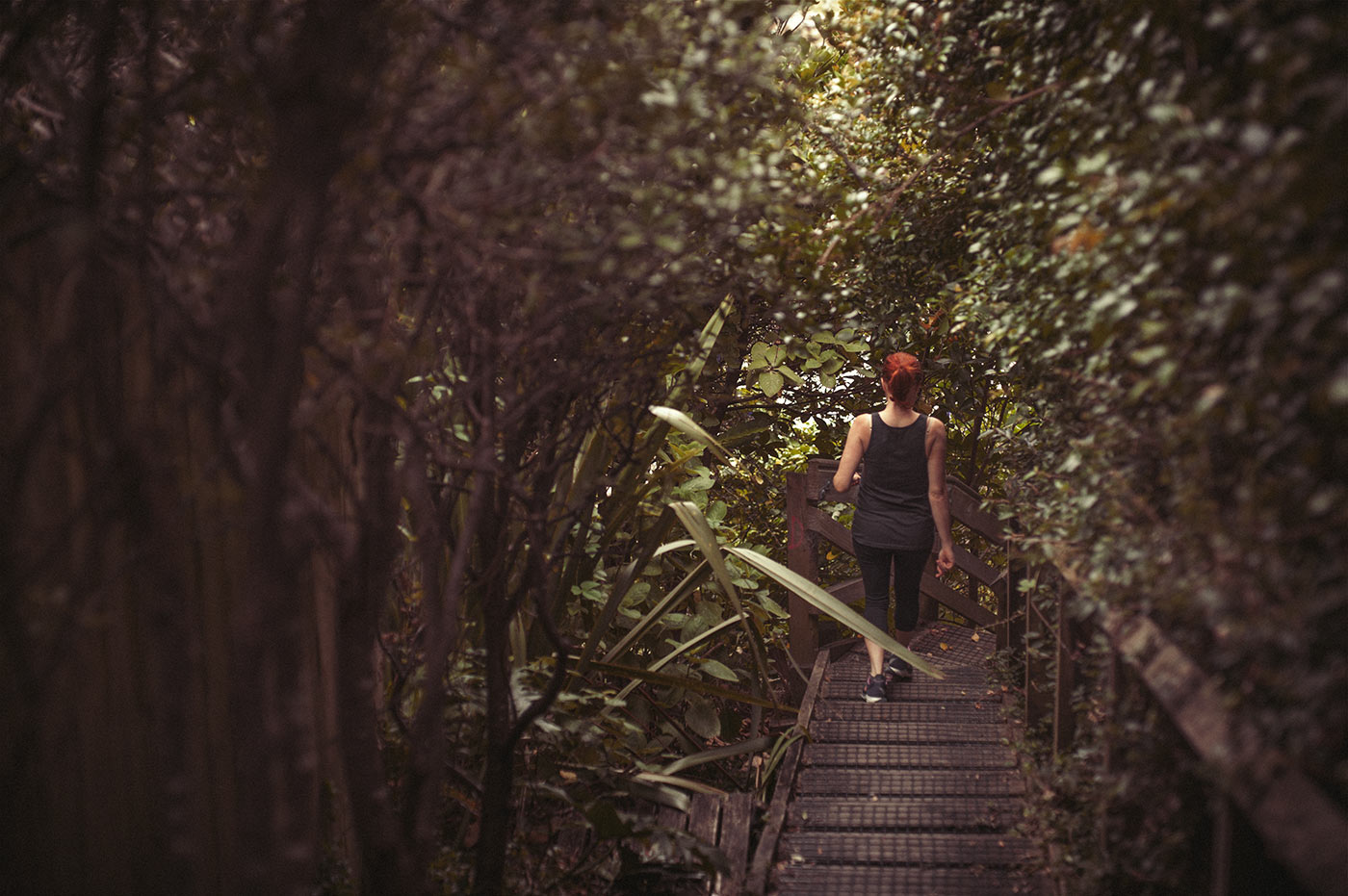
“A good night’s sleep is like free therapy”… someone once said.
However, correcting your sleep cycle doesn’t just happen overnight. I don’t have magic fairy dust to sprinkle over you, if that’s what you’re hoping…
If you need coffee (because you had a poor sleep the night before) then please don’t consume this beverage after 9am.
Caffeine lasts for around 12 hours in your ‘system’ — which will make going to sleep more difficult if taken any later in the day.
Caffeine promotes cortisol in your body, which negates the favourable effects of the hormone, DHEA. This hormone speeds up recovery time and provides us with energy/vitality, mental clarity, and a good night’s sleep.
Take yourself for a walk somewhere green.
Not only will you you be getting some outdoor exercise, but studies have shown that compared with walking on a city street, a short walk (17 mins in fact) in a ‘green’ environment, taken in the afternoon, can promote an increase in sleep of up to 3 hours! The theory here is that the ‘green’ improves your mood by calming you — and lowering your heart rate. Your body temperature also declines by performing exercise in the afternoon acting as a signal to induce sleep at night.
Note: Research even shows that just by living in a neighbourhood with a ‘green space’, you are protected from ‘short sleep’.
Make yourself a light dinner
(Or, at least don’t eat until you feel full.)
Turn the lights down low.
Turn on some ‘moody’ music.
(Might I suggest The XX, or Les Nubians? Some generic chill-out? Or whale sounds, if that works for you)
Eat dinner no later than 7pm.
(Chew it well.)
Note: Don’t have chocolate after dinner. And, while alcohol might get you to sleep, it will often end up waking you up in the wee small hours. Either you will wake at around 2-3pm because you get so hot that you need to get throw your blankees off… or alcohol will wake you at around 4-5pm because it stimulates you.
Take a shower or bath
(Not too hot — body temperature needs to decline to induce sleep.)
Then snuggle up with a good, light, fiction book. Or, if you have a significant other, a gentle (or vigorous — whichever you prefer) round of ‘Rumpy Pumpy‘ is also a good way to induce sleep!
Note: If you have been struggling to sleep, and you have young children, if at all possible, send them away to their grandparents for a night or two… or to their aunts and uncles, or to their god-parents, or to an adoption agency… 😉
When most people say ‘I’m tired. I’m going to bed’ — they say it like they mean it. (They generally act sleepy before they make this proclamation.)
The worst thing you can do when you can’t sleep is to start ‘tossing and turning’, and grumpily telling yourself (and anyone else who’s in the bed with you) that you can’t sleep, and worrying about how many hours you have left before the alarm goes off.
In that kind of state — it just ain’t going to happen.
Note: It’s kind of like when you’re trying to ‘make’ an orgasm happen… Don’t play dumb with me here, people! Y’all know what I mean.
Instead — do the opposite of all of this.
Make slow, deliberate and dramatic stretching moves and big muffled yawns (like if you were trying to leave someone’s boring dinner party early). Start saying how incredibly tired you are (so very, very tired) in a slow, and drawn-out voice.
I guarantee you’ll start yawning like an idiot and you’ll soon be in the Land of Nod.
Go on — try it now! It even works when you’re not tired. That’s how well you can tell your nervous system what to do 🙂
Note: I’ve devised this technique based on the teachings of Neurolinguistic Programming (NLP).
One final thought here — just to bring this all home for you…
Imagine that you were at a show, where the Hypnotherapist called you up on stage to be a volunteer.
The Hypnotist wouldn’t violently swing their pendulum back and forth in front of your eyes at break-neck speeds while incessantly screaming at you ‘Go to sleep. Go to sleep. Go to sleeeeeeeep’ … and expect you to actually go to sleep.
No, instead the aim is to act alluring so that they may hold you spellbound — so that you’ll actually do what you’ve been instructed to do!
Studies show that those people who regularly have difficulty either getting to sleep or staying asleep have reduced GABA levels. GABA (gamma-Aminobutyric acid) is a neurotransmitter in the central nervous system that calms your brain and therefore increases the quality and the duration of your sleep.
Following these lifestyle changes, if you’re still not achieving a good ‘7-9 hours’ per night, then I would recommend the use of other vitamins, minerals, and herbs to help you get to sleep and stay asleep.
We need to consider that your inability to sleep well is actually a symptom – rather than a health condition.
I advise my clients on the best forms of vitamins, minerals and herbs to take. I also instruct them on how best to take these sleep aids to maximise their effectiveness.
Take a good quality B-group vitamin in the morning. B-group vitamins not only promote energy throughout the day but also promote sleep at night.
Note: They also help to reduce stress.
Supplement your daily diet with calcium tablets. This mineral is one of my favourite supplements for sleep. Among other important roles, calcium regulates the nervous system.
It calms us and ensures the release of melatonin.
This mineral not only relaxes muscle tension but it also relaxes the brain by promoting GABA (see above).
Magnesium also helps to make melatonin (your sleep hormone) and it’s a mild painkiller.
Take medicinal herbs before bed.
Passionflower, California Poppy, Zizyphus, Kava and Jamaican Dogwood help to induce GABA (see above).
You could also take these herbs earlier, if the reason you weren’t sleeping at night was because you were stressed during the day.
No, these herbs won’t put you to sleep at this time!
Also these herbs won’t effect the way you handle machinery, they won’t make you feel drowsy the next day, and they are nonaddictive.
Note: ‘Sleeping Pills’ such as Zopiclone and ‘Benzos’ (the benzodiazepines)also work by modulating GABA.
“How blessed are some people, whose lives have no fears, no dreads, to whom sleep is a blessing that comes nightly, and brings nothing but sweet dreams.”
BRAM STOKER, Dracula
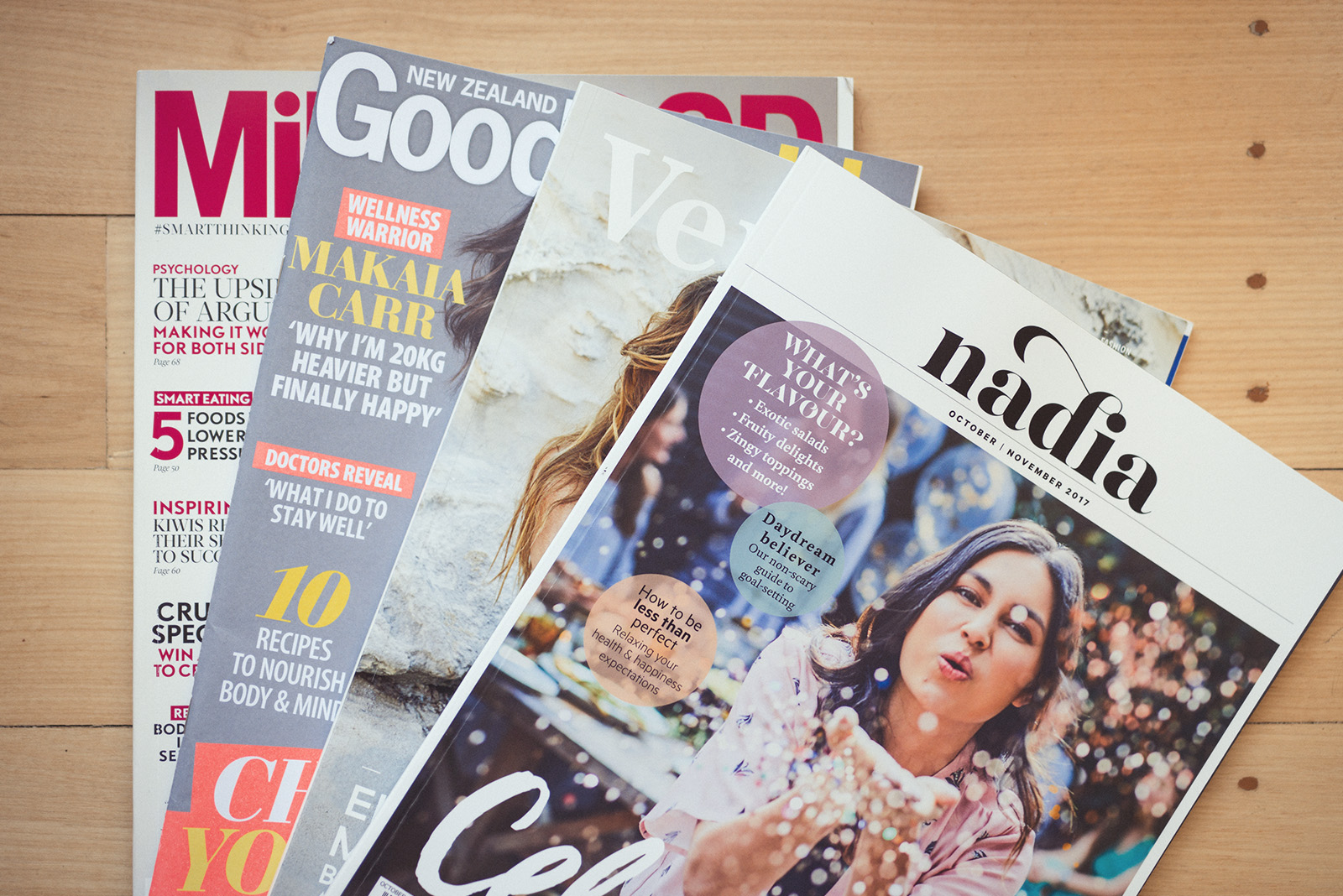
Lisa Fitzgibbon is a degree qualified (2006), experienced and registered Naturopath & Medical Herbalist. She runs her own private practice – OOMPH in Grey Lynn, Auckland, New Zealand.
Lisa has been involved in the Natural Health industry for 16 years. She draws on her professional training and experience, as well as her own personal experience to bring you realistic, holistic health advice.
Book onlineCunnington D, Junge, MF, Fernando AT. Insomnia: prevalence, consequences and effective treatment. Med J Australia, 2013;199 (8):S36-S40
OECD Health Statistics 2013, http://dx.doi.org/10.1787/health-data-en
Subscribe to LISA SAID SO
Subscribe to the LSS newsletter to get updates on a very irregular basis.
Sorry for the interruption!
You seem to be interested in what Lisa has to say. To be updated when new articles are published, or we have news to share, enter your email below. Thanks!